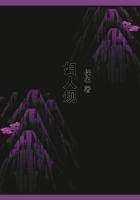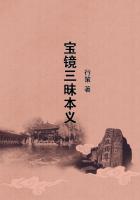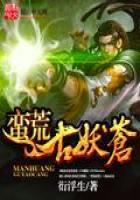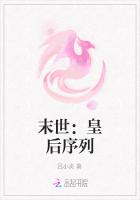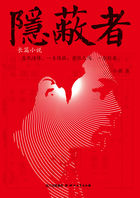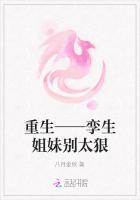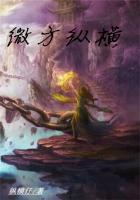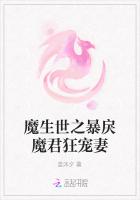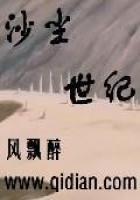He recognised the necessity of proceeding from the particular to the general, and that the perfect-ing of human institutions was impossible without a corresponding perfection in the individual. To this end therefore the remainder of his life was dedicated. He had always held in aversion what he termed external epidemic influences: he now endeavoured to free himself not only from all current conventions, but from every association which he had formerly cherished. Self-analysis and general observation had taught him that men are sensual beings, and that sensualism must die for want of food if it were not for sex instincts, if it were not for Art, and especially for Music.
This view of life he forcibly expressed in the "Kreutzer Sonata," in which Woman and Music, the two magnets of his youth, were impeached as powers of evil. Already, in "War and Peace" and in "Anna Karenina," his descriptions of fe-male charms resembled catalogues of weapons against which a man must arm himself or perish.
The beautiful Princess Helena, with her gleam-ing shoulders, her faultless white bosom, and her eternal smile is evidently an object of aversion to her creator; even as the Countess Betsy, with her petty coquetries and devices for attracting atten-tion at the Opera and elsewhere, is a target for his contempt. "Woman is a stumbling-block in a man's career," remarks a philosophical husband in "Anna Karenina." "It is difficult to love a woman and do any good work, and the only way to escape being reduced to inaction is to marry."
Even in his correspondence with the Countess A. A. Tolstoy this slighting tone prevails. "A woman has but one moral weapon instead of the whole male arsenal. That is love, and only with this weapon is feminine education successfully car-ried forward " Tolstoy, in fact, betrayed a touch of orientalism in his attitude towards women.
In part no doubt as a result of his motherless youth, in part to the fact that his idealism was never stimulated by any one woman as it was by individual men, his views retained this colouring on sex questions while they became widened and modified in almost every other field of human philosophy. It was only that, with a revulsion of feeling not seldom experienced by earnest thinkers, attraction was succeeded by a repulsion which reached the high note of exasperation when he wrote to a man friend, "A woman in good health--why, she is a regular beast of prey!"
None the less, he showed great kindness and sympathy to the women who sought his society, appealing to him for guidance. One of these (an American, and herself a practical philanthropist), Miss Jane Addams, expressed with feeling her sense of his personal influence. "The glimpse of Tolstoy has made a profound impression on me, not so much by what he said, as the life, the gentleness, the soul of him. I am sure you will understand my saying that I got more of Tolstoy's philosophy from our conversations than I had gotten from our books." (Quoted by Aylmer Maude in his "Life of Tolstoy.")
As frequently happens in the lives of reformers, Tolstoy found himself more often in affinity with strangers than with his own kin. The estrange-ment of his ideals from those of his wife neces-sarily affected their conjugal relations, and the decline of mutual sympathy inevitably induced physical alienation. The stress of mental anguish arising from these conditions found vent in pages of his diaries (much of which I have been per-mitted to read), pages containing matter too sa-cred and intimate to use. The diaries shed a flood of light on Tolstoy's ideas, motives, and manner of life, and have modified some of my opinions, explaining many hitherto obscure points, while they have also enhanced my admiration for the man. They not only touch on many delicate subjects--on his relations to his wife and family --but they also give the true reasons for leaving his home at last, and explain why he did not do so before. The time, it seems to me, is not ripe for disclosures of this nature, which so closely concern the living.
Despite a strong rein of restraint his mental distress permeates the touching letter of fare-well which he wrote some sixteen years before his death. He, however, shrank from acting upon it, being unable to satisfy himself that it was a right step. This letter has already appeared in foreign publications,* but it is quoted here because * And in Birukov's short Life of Tolstoy, 1911. of the light which it throws on the character and disposition of the writer, the workings of his mind being of greater moment to us than those impul-sive actions by which he was too often judged.
"I have suffered long, dear Sophie, from the discord between my life and my beliefs.
"I cannot constrain you to alter your life or your accustomed ways. Neither have I had the strength to leave you ere this, for I thought my absence might deprive the little ones, still so young, of whatever influence I may have over them, and above all that I should grieve you.
But I can no longer live as I have lived these last sixteen years, sometimes battling with you and ir-ritating you, sometimes myself giving way to the influences and seductions to which I am accus-tomed and which surround me. I have now re-solved to do what I have long desired: to go away . . . Even as the Hindoos, at the age of sixty, betake themselves to the jungle; even as every aged and religious-minded man desires to conse-crate the last years of his life to God and not to idle talk, to making jokes, to gossiping, to lawn-tennis; so I, having reached the age of seventy, long with all my soul for calm and solitude, and if not perfect harmony, at least a cessation from this horrible discord between my whole life and my conscience.

